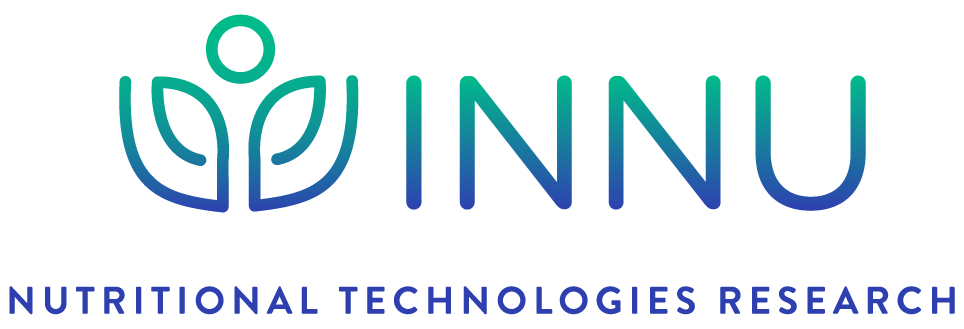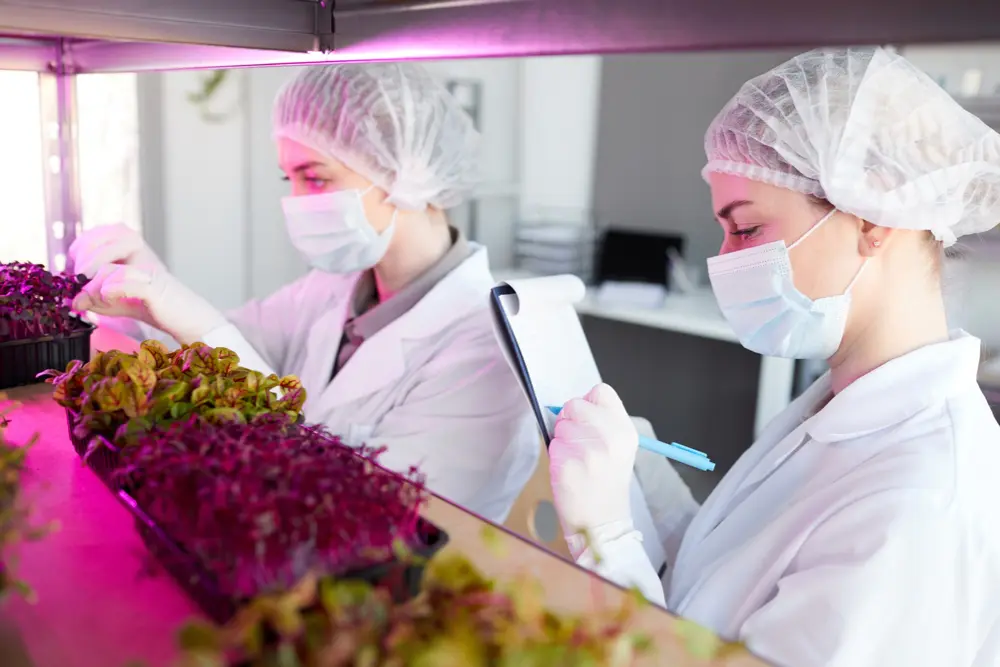Self-efficacy plays a crucial role in shaping career outcomes. This belief affects how individuals approach tasks, persevere through challenges, and ultimately, how they succeed in their professional lives. Gender disparities in self-efficacy have been widely observed, with women often reporting lower levels of self-efficacy compared to men. These differences can significantly impact career progression, particularly in fields where gender biases are prevalent.
In the realm of food industry engineering—a field that, despite being part of STEM, has a higher female representation compared to other engineering disciplines—these disparities are noteworthy. Understanding how self-efficacy influences employment outcomes in this atypical STEM field can offer valuable insights into broader gender-related employment issues.
What does “self-efficacy” mean?

Self-efficacy refers to individuals’ beliefs about their capabilities to organize and execute the courses of action required to achieve specific attainments, in short: what people believe they can do with their skills and abilities. It influences how people set goals, take on challenges, and handle obstacles. Research has found that high self-efficacy can lead to greater persistence, resilience, and performance, while low self-efficacy may result in avoidance of challenging tasks and lower achievement.
In a study by Reyes-González et al. (2022), self-efficacy was examined through two lenses: interpersonal self-efficacy (confidence in social interactions and networking) and academic self-efficacy (confidence in academic abilities). By exploring these dimensions, the researchers aimed to understand how these perceptions affect students’ readiness for the job market and examines potential gender differences in these perceptions.
Key discoveries: How perceptions shape career paths

Researchers conducted an extensive survey of food industry engineering students from 2019 to 2021. Their goal was to explore how self-efficacy influences employment outcomes and whether there are notable gender differences in these perceptions. The study tested two main hypotheses: First, that lower self-efficacy in female students would lead to lower employment rates and job levels compared to their male counterparts; and second, that self-efficacy would impact job readiness and career progression.
A combination of quantitative data analysis and qualitative assessments was used to evaluate self-efficacy levels and employment outcomes. The results were revealing. On the one hand, men generally had a stronger self-perception, especially in areas like economic analysis and clarity in professional objectives. Interestingly, tasks traditionally associated with specific genders, such as food development – a field linked to women’s traditional roles – impacted self-efficacy perceptions. Despite the high female participation in food industry engineering, biases continue to shape how students perceive their capabilities and career prospects.
While self-efficacy did affect students’ perceived readiness for the job market, the gender differences in self-efficacy did not translate into significant differences in employment data one year after graduation. This suggests that although self-efficacy is crucial, other factors also play a role in employment outcomes.
Addressing the self-efficacy gap

These findings are more than just data points—they are a call to action and to put on the spotlight the importance of approaching self-efficacy and gender disparities in food industry engineering and other STEM fields. High self-efficacy is not just about individual success; it’s a vital ingredient for closing gender gaps and ensuring equal opportunities in the professional world. For women, a stronger belief in their abilities can lead to better job prospects, higher salaries, and greater satisfaction in their careers.
Achieving this is not a passive task. It requires a collective effort from educational institutions, employers, and society at large. There is a crucial need to foster environments that value and nurture diverse talents, ensuring that biases do not undermine women’s professional growth. Addressing interpersonal and academic self-efficacy is not just about transforming the professional landscape for everyone, it’s also the necessary step towards an inclusive future.


